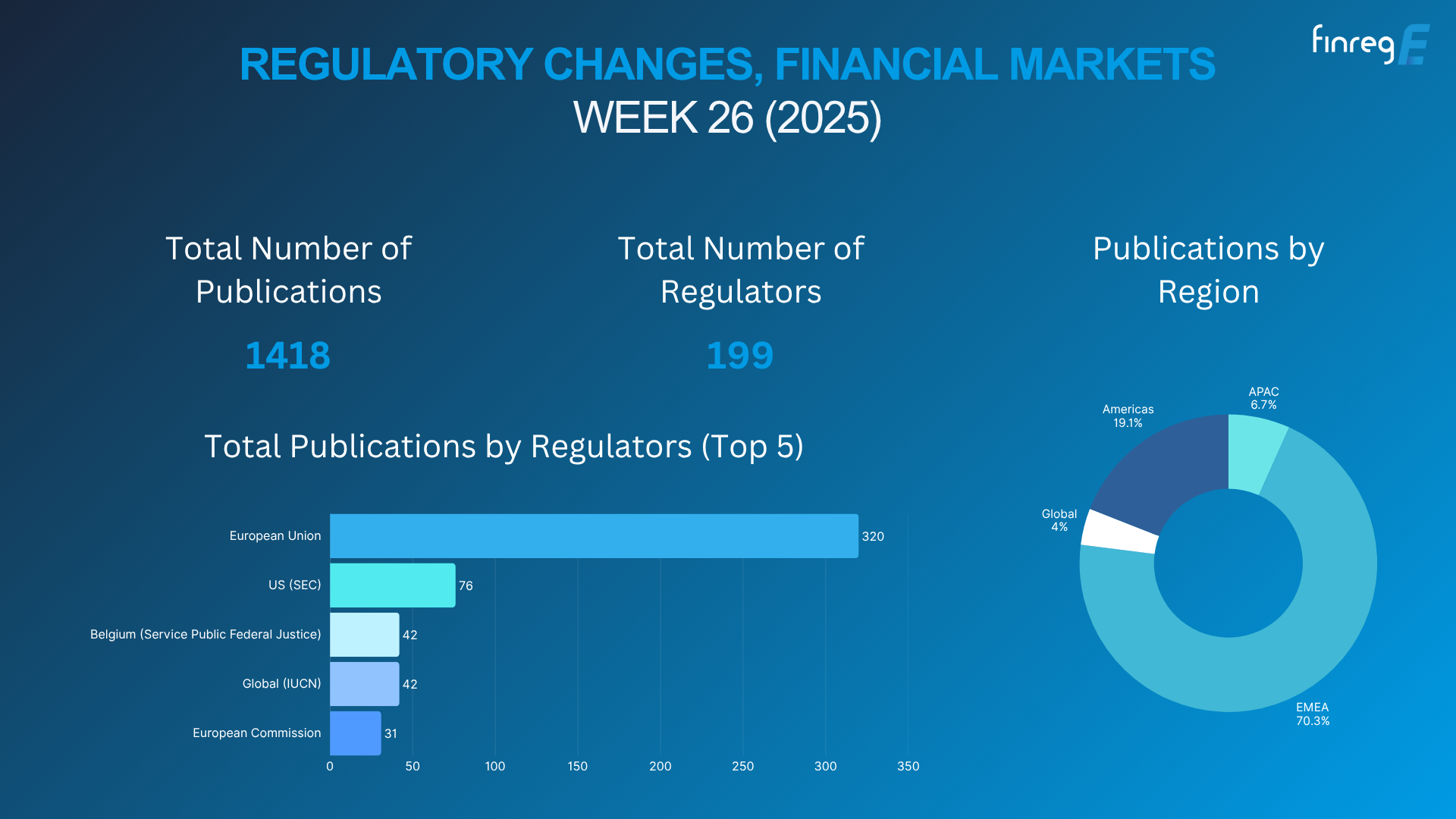According to an article by Forbes, financial institutions worldwide paid over $2.7 billion in regulatory fines. This staggering figure highlights the importance of compliance in finance. But what exactly is compliance in finance, and why does it carry such significant consequences?
The financial industry is a complex ecosystem where massive amounts of money flow daily. In this sector, trust is crucial, and compliance is the foundation of that trust. Financial compliance involves adhering to the financial sector’s laws, regulations, and industry standards. This adherence is crucial because it maintains transparency, protects investors, and prevents illegal activities like money laundering.
This article will explore financial compliance, its importance, and who oversees it.
What is Financial Compliance?
Financial compliance refers to the meticulous adherence to the financial sector’s laws, regulations, and industry standards. It encompasses a broad spectrum of activities and practices that financial institutions and professionals must adhere to, ensuring transparency, safeguarding investors, and preventing illicit activities such as money laundering.
Why Is Financial Compliance Important?
Financial compliance ensures the financial system’s stability by compelling institutions to operate ethically and responsibly. This safeguards the industry’s integrity and protects investors and consumers from fraud and unfair practices.
Moreover, compliance plays a pivotal role in upholding the reputation of financial institutions. A compliance breach can lead to catastrophic consequences, including substantial fines, legal repercussions, and severe damage to an institution’s reputation.
Who Oversees Financial Compliance?
Various regulatory bodies and authorities oversee financial compliance. While the specific oversight may vary from one region to another, some familiar entities include:
- Securities and Exchange Commission (SEC): The SEC monitors compliance related to securities and investment activities in the United States.
- Financial Conduct Authority (FCA): In the United Kingdom, the FCA ensures the integrity of financial markets.
- Central Banks: Many countries rely on their central banks for regulatory oversight, particularly concerning banking and monetary policy compliance.
- Financial Industry Regulatory Authority (FINRA): FINRA, a non-governmental organisation, regulates brokerage firms and stockbrokers in the United States.
Know Your Client (KYC) Compliance
The “Know Your Client” (KYC) procedure mandates that financial institutions verify and identify their customers to thwart fraud, money laundering, and terrorist financing. It involves collecting data on customers’ identities, financial activities, and risk profiles.
Combating Money Laundering through Compliance
Financial institutions must implement Anti-Money Laundering (AML) procedures to detect and report suspicious activities. AML regulations necessitate monitoring transactions, identifying high-risk customers, and reporting unusual or suspicious transactions to the relevant authorities.
Achieve Compliance Confidence with FinregE
Compliance in finance is the linchpin of a trustworthy and well-functioning financial system. It ensures that financial institutions operate transparently, ethically, and within the bounds of the law.
FinregE provides comprehensive solutions that assist financial institutions in navigating the complex web of regulatory requirements. Whether you require assistance with regulatory change management, digital rulebooks, or compliance monitoring workflows, we have the expertise to ensure your institution remains compliant and secure.
Book a demo today to learn more about how we can support you in achieving and maintaining excellence in financial compliance.





